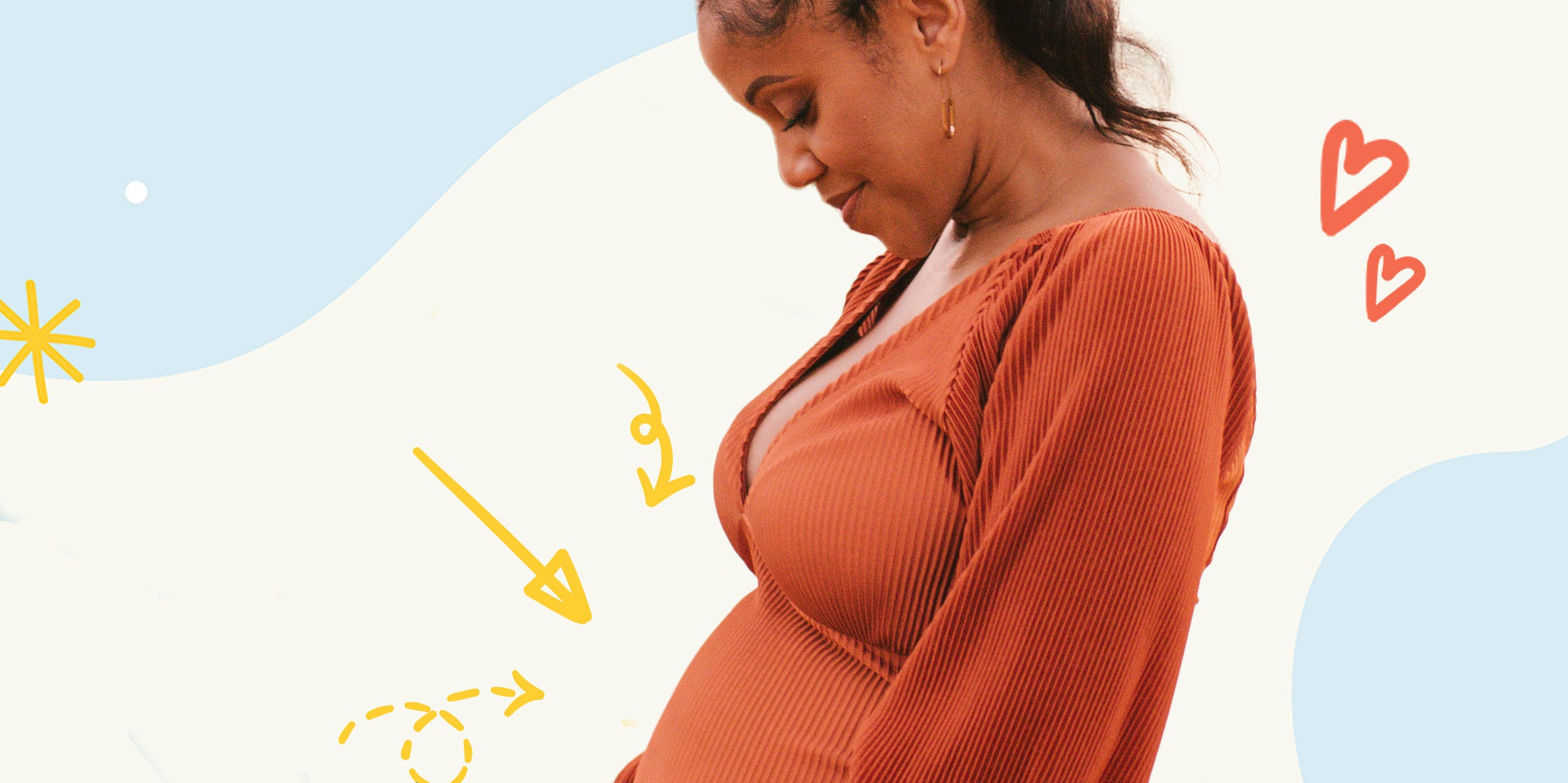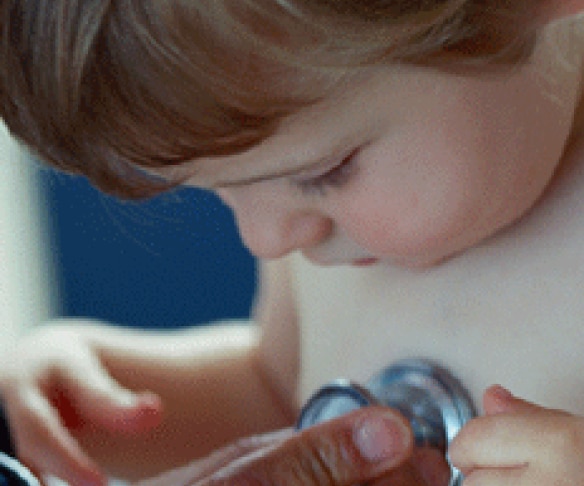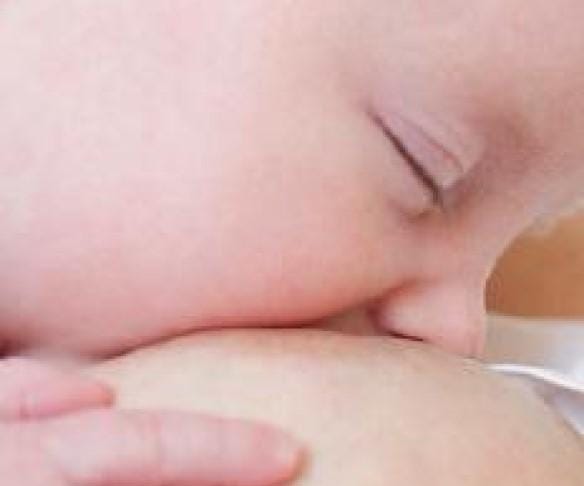You Asked, We Answered: 3 Common Questions at 32 Weeks Pregnant
At 32 weeks pregnant—which is 8 months, placing you in the third trimester—your body is undergoing a lot of change. And as the old saying goes, change can wreak havoc on your GI system. (That is what they say, right?)
Many of the most common symptoms experienced during the last months of pregnancy are somewhat related to the gastro-intestinal system. We get it: “tummy issues” can be embarrassing to discuss, but that doesn’t make it any less common, or less important to address. Here are three of the most common questions at this stage answered—because we know you want to know.
Why can’t I poop?
That’s right: if you’re dealing with constipation, you are not alone. Part of the reason this symptom is so common toward the end of pregnancy is that it can be caused by several issues.
- In your eighth month, your baby is getting increasingly heavy—at 32 weeks, the baby’s weight is about 4.3 pounds. All that weight may be resting on your bowel, slowing things down.
- Iron from your prenatal vitamin can also contribute but don’t skip taking this important nutrient. Try taking your supplement with a glass of orange juice or other vitamin C rich foods or beverages to help with iron absorption or ask your doctor if there is a more GI-friendly form.
- Most Americans don’t get enough fiber in their diet, which is needed to be regular. Try fiber-rich fruits and vegetables and prune juice.
- Lack of fluids. In addition to helping with bloating and constipation, dehydration may cause Braxton-Hicks contractions. Aim for 8-12 cups per day. Treat yourself to a motivational water bottle to help track your intake.
- Lack of movement. Now’s not the time to run a marathon, but gentle movement can help with digestion, bloating and constipation. Walking, stretching and swimming are all great, low-impact options.
- And not that you asked, but straining to go can lead to hemorrhoids (swollen veins around the anus). Ask your doctor if a topical treatment might work for you should the need arise.
Will this heartburn ever end?
Yes—but not as soon as you may hope. This common issue is largely caused because of where your baby is resting right now. Your uterus is positioned about 5 inches above your belly button, which can cause shortness of breath (due to pressure on the lungs)—and serious acid reflux when baby presses on your stomach. There’s not much you can do about that, as there’s not a lot of room for your little one to maneuver these days. However, to help ease symptoms, you can try a few easy strategies.
- Eat small meals throughout the day, rather than three large ones. Remember, that big baby is squeezing your stomach, so you’ll feel full faster!
- Although you may be exhausted, don’t lay down after meals. Let gravity help you in the battle against heartburn by remaining upright for at least an hour after eating.
- Antacids can help and are generally safe during pregnancy when used as directed. However, always check with your doctor.
- "Food cravings are normal. Try to indulge them within reason but if you find yourself reaching for things like spicy snacks or chocolate, find swaps less likely to trigger acide reflux. Fruit and vegetables are always good options. At 32 weeks, you’re trying to balance pregnancy cravings but still make sure you are eating nutritious food, all while preparing your mind and body for the next chapter of your life!” points out Gerber Village partner and experienced mom Kelsey Ward.


What are late-pregnancy warning signs I should watch for?
As you’ve probably gathered, some discomfort is normal by the third trimester. However, some symptoms can indicate a more serious issue and require medical attention. Some of the most common signs to look out for are:
- Violent and/or persistent vomiting: Nausea (or morning sickness) is common, but if you have severe vomiting and can’t keep anything down for a day or two, call a medical professional.
- Swelling of the hands, face or around the eyes: Again, bloating and swelling is normal, especially at the end of pregnancy. But if you notice swelling in these areas, it could be a sign of pre-eclampsia and you should talk to your doctor.
- Sudden weight gain: At eight months pregnant, you should be gaining about a pound a week. However, if your weight suddenly starts spiking, talk to your doctor, as it could indicate a problem.
The last two months of pregnancy can be uncomfortable—so be gentle with yourself and remember that you’re almost at the finish line. “For me, it is such a magical time in pregnancy,” says Gerber Village partner and experienced mom Chelsea Gilles. “At 32 weeks, I physically move slower, but I also take my time to intentionally slow down and soak it all in.”


Don’t hesitate to reach out to your doctor if your symptoms feel acute or overwhelming. And don’t forget to enjoy the perks—those pregnancy hormones really do provide an amazing glow-up for many people!





